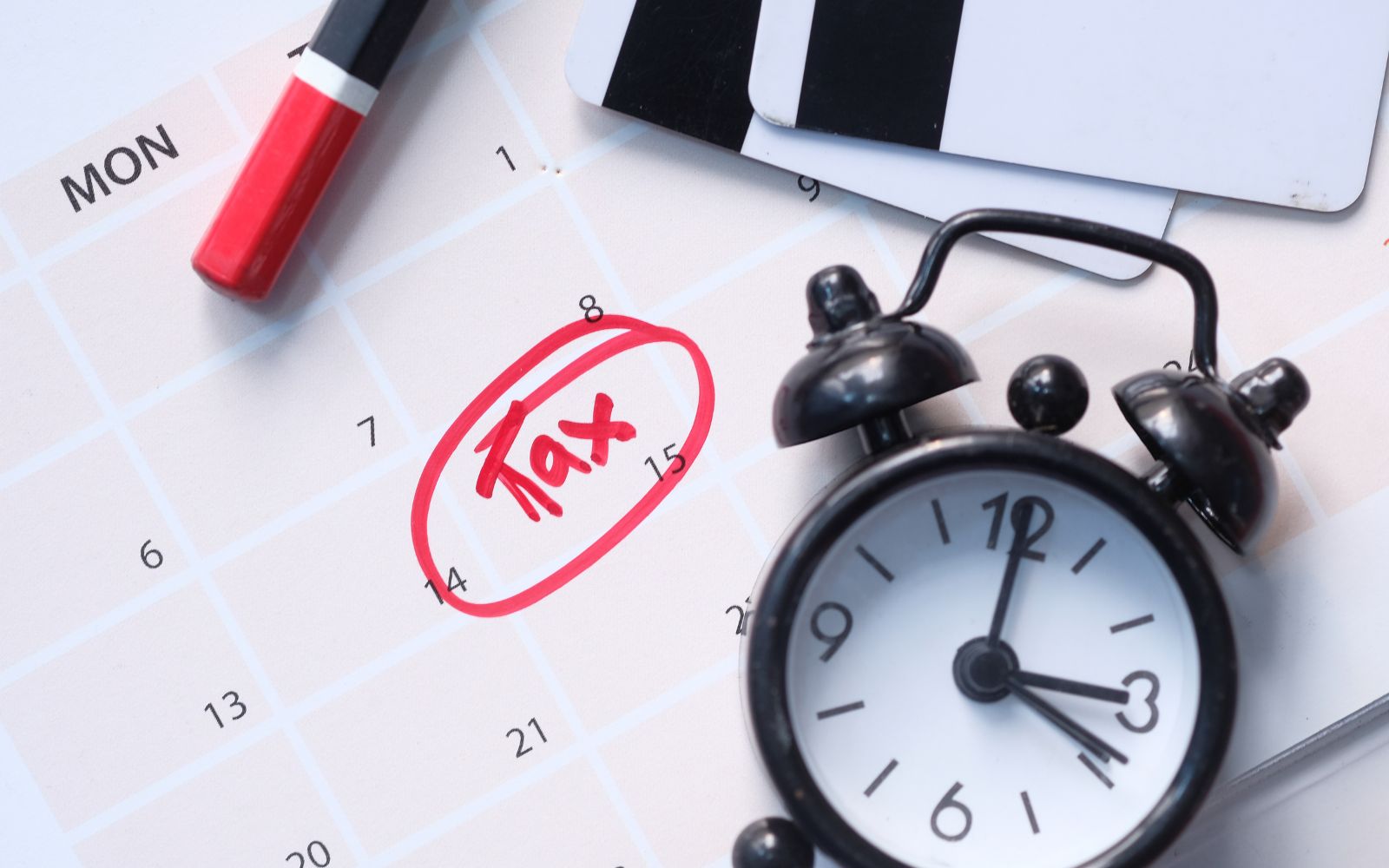Gifts and Capital Gains Tax

Whilst the nature of gifts are usually given to someone without receiving payment, that doesn’t exempt gifts themselves from triggering capital gains tax liabilities in certain circumstances.
Market value
The making of a gift is a disposal for capital gains tax purposes. Since the disposal is not by way of an arm’s length bargain (such as the price in a free market), the disposal proceeds are based on the market value at the time the gift was made, rather than the amount received by the person making the gift.
Looking at it from the capital gains perspective, unless the gift is to a spouse or other no gain/no loss rules apply or is exempt from the capital gains tax, rather than the donor making a loss equal to the cost of the gift, a gain may be realised instead.
Example
John has a painting that his cousin has always loved. He purchased the painting many years ago for £100. Currently, the artist of that painting is very popular and the painting is now worth £20,000.
On gifting the painting to his cousin, John is treated as if he had disposed of the gift for the current market value of £20,000. That means he makes a capital gain of £19,900. Taking into account that his annual exemption of £12,300 is still available, he must pay capital gains tax on a gain of £6,800.
Gifts to spouses or civil partners
Gifts between spouses or civil partners are considered to neither gain raise nor gain a loss. Following the example above, if instead of giving the painting to his cousin, John had given it to her wife Sarah, the gift amount would be £100 and Sarah would be treated as acquiring the painting for £100. In sposes or civil partners scenarios, there is no capital gains tax liability on the gift.
Gifts to charities
There is no capital gains tax liability for gifts to charities.
Relief for gifts of business assets
The relief for gifts of business assets allows the capital gains tax that might appear on the business asset gift to be delayed by ‘rolling over’ the gain so that the recipient’s base cost is reduced by the deferred gain.
However, while this means that there will be no capital gains tax to pay at the time of the gifting, the recipient will realise a larger gain when they dispose of the asset. The relief essentially shifts the liability from the gift donor to the recipient.
The information available on this page is of a general nature and is not intended to provide specific advice to any individuals or entities. We work hard to ensure this information is accurate at the time of publishing, although there is no guarantee that such information is accurate at the time you read this. We recommend individuals and companies seek professional advice on their circumstances and matters.




